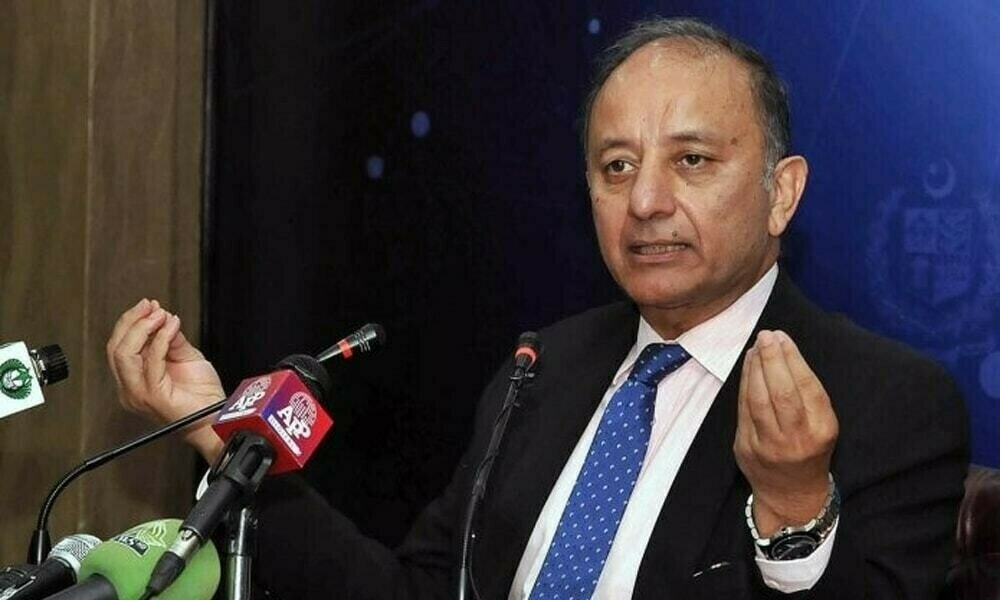Islamabad, Feb 8: Pakistan’s liquefied natural gas (LNG) agreement with Qatar includes a provision that allows either party to initiate renegotiation talks next year. However, no decision has been made regarding whether such negotiations will take place, according to Pakistan’s Petroleum Minister Musadik Malik. He made the clarification following remarks he had made to a parliamentary energy committee, which were reported by The News, suggesting that the current deal with Qatar was costly and that Pakistan planned to seek better terms in the future.
Malik explained to Reuters that he had been outlining the specifics of various LNG contracts, noting that the agreement with Qatar included a clause for renegotiation of the price after the tenth year of the deal. He emphasized that Pakistan has a full year to explore its options and decide on any course of action regarding the potential renegotiation.
READ MORE: Gold Price in Pakistan Surges Past Rs300,000 for the First Time
The deal in question, which was signed in 2016 between Pakistan State Oil and Qatar’s Qatargas-2, is one of Pakistan’s largest LNG agreements. The contract allows Pakistan to purchase up to 3.75 million tons of LNG annually for 15 years. However, the agreement includes a clause that permits cancellation of the deal after 11 years, should the parties fail to reach an agreement on new pricing terms.
The deal has become more significant amid Pakistan’s ongoing economic challenges. The country’s power consumption has dropped sharply due to the economic crisis, and Pakistan now finds itself with excess capacity, much of which is tied to long-term contracts with independent power producers. Despite this, the country is still obligated to pay for this capacity under the contracts, straining its financial situation.
In December, Malik revealed that Pakistan had deferred five cargoes under the Qatar deal, shifting the delivery to 2026 instead of 2025, without incurring any financial penalties. He also mentioned that discussions were underway to defer additional cargoes from other suppliers, in an effort to manage the country’s LNG surplus and ease the strain on its economy.









